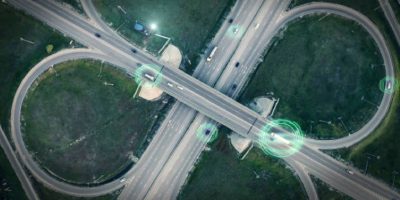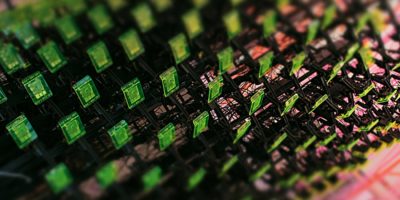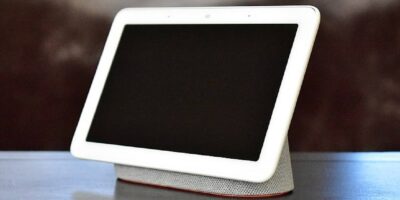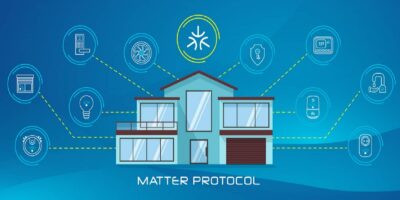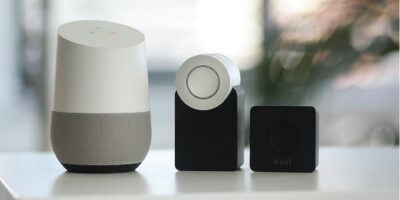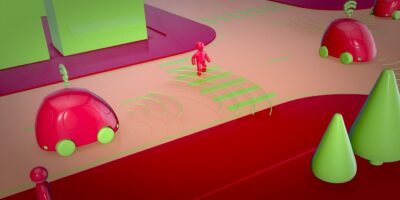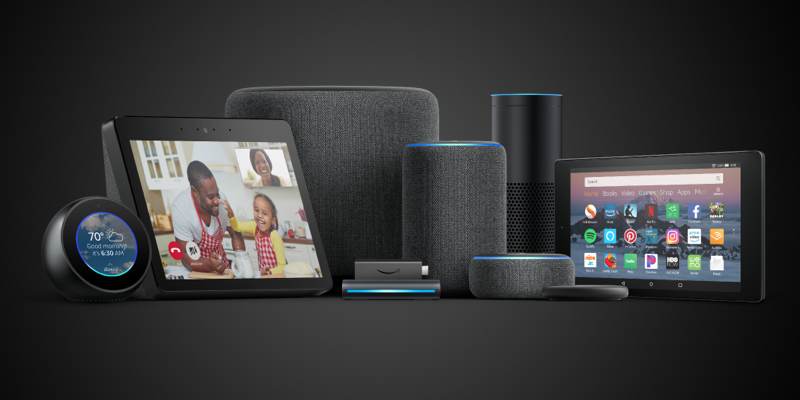
As the Internet of things moves forward, you’ll see a few technologies more and more heavily integrated. One is likely the blockchain, while the other is more of an entire field: artificial intelligence. AI is a big part of the future of IoT applications.
People are already using AI to supercharge IoT devices and services. This is something we’ll only see more of moving forward. Instead of focusing entirely on the future, let’s take a look at some of the more interesting AI developments in IoT right now.
Alexa Skills Kit
While the Internet of things was around before Amazon began rolling out Alexa-powered devices, you can hardly mention IoT without the name popping up these days. While Alexa is an impressive piece of technology, the Alexa Skills Kit shows even more promise.
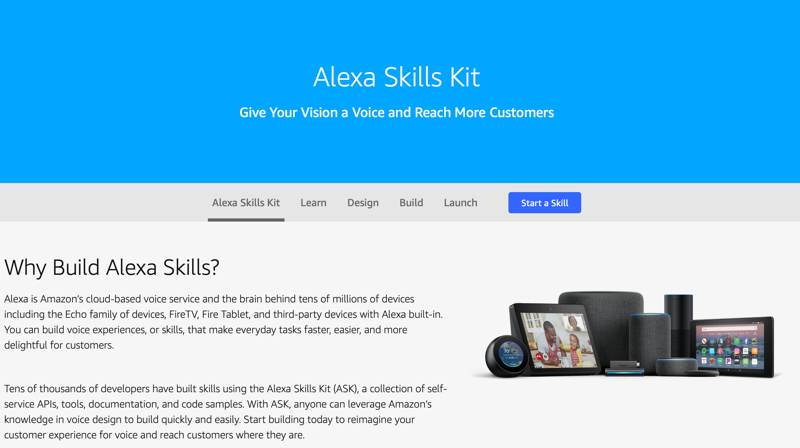
This kit lets developers easily add functionality to Alexa, which is interesting in itself. The conversational AI built into Alexa Skills Kit is more interesting, as it enables developers to build automation that sees you having a conversation with a computer.
IBM Watson IoT
You may already be familiar with IBM’s Watson, the question-answering computer system. This system is integrated with a bunch of other systems but one of the most interesting is IBM Watson IoT, which aims to bring the power of this AI to IoT applications.
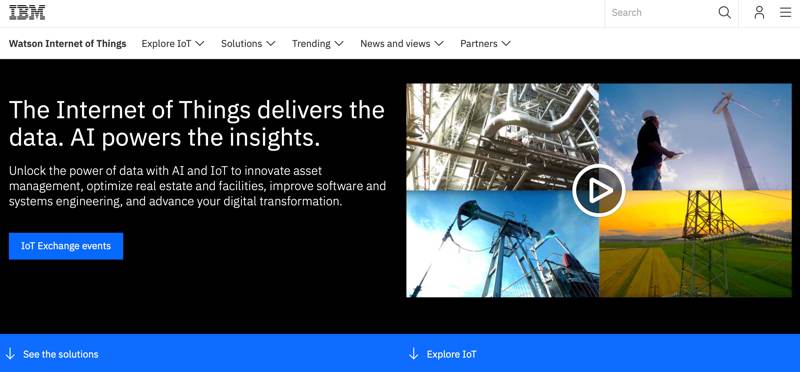
Companies ranging from the Sugar Creek Brewery to beauty product purveyor L’Oréal use Watson IoT to power their businesses. Watson IoT is an entire IoT platform, though, so the possibilities are nearly endless.
Azure IoT Edge
If you’re interested in IoT, you’re probably already familiar with Microsoft Azure IoT. You may not be as familiar with Azure IoT Edge, which combines the popular cloud platform with powerful AI features.
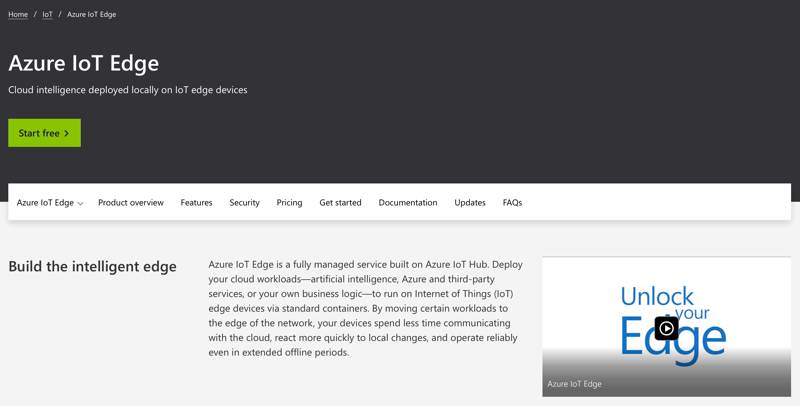
AI is resource intensive and resources aren’t always plentiful when it comes to IoT devices. Azure IoT Edge allows developers to offload AI computation to the cloud, which means we could see everything from robot vacuums to smart thermostats getting smarter while remaining small or even getting smaller.
Google Cloud IoT Edge
While Microsoft may hold sway in some areas, Google is Google. The company is certainly in the lead when it comes to mobile devices and smart homes. Google Cloud IoT Edge provides similar benefits to Azure IoT Edge but keeps everything within the Google ecosystem.
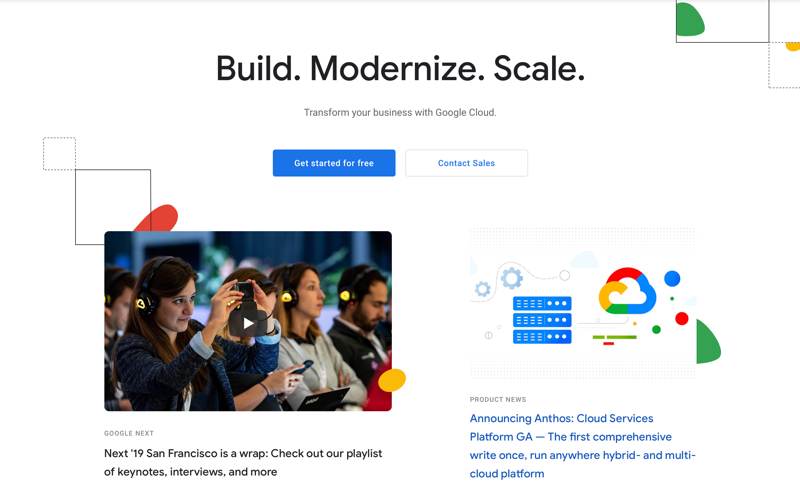
This is a newer service, but Google brings a huge AI research team to this project. That alone has its benefits. Google’s prominence in the IoT space means we’ll likely see big things from this project.
Mycroft
When we think of AI-powered voice assistants, we tend to think of Siri, Alexa, and Google Assistant. Mycroft is similar but doesn’t belong to any one company. Instead, Mycroft is the world’s first open-source voice assistant.
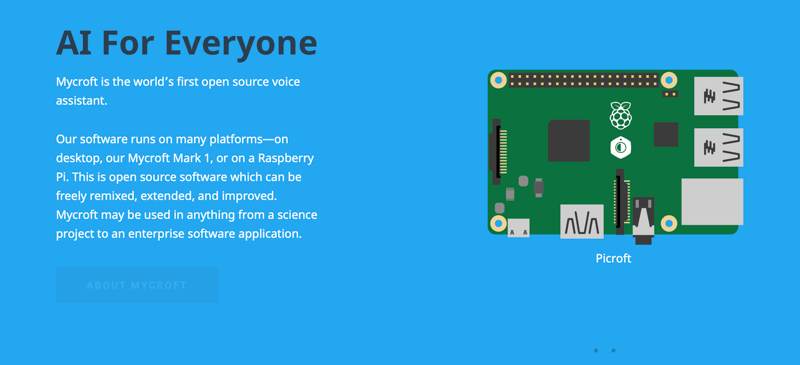
This open-source nature means that anyone can build functionality similar to Alexa into their IoT application or service without necessarily having to integrate with Amazon. This could be a major boon for more privacy-centered services that still want to add the ease of use a voice assistant provides.
Conclusion
As many of these pieces of software are meant to help other people make more useful things, this is just the start. Even in the next few years, developments in AI will lead to massive benefits in IoT applications.
Do you want a look at how far AI can bring IoT in just a few short years? See our look at how much impact AI already has on your daily life for a hint of where things could go in the future.


